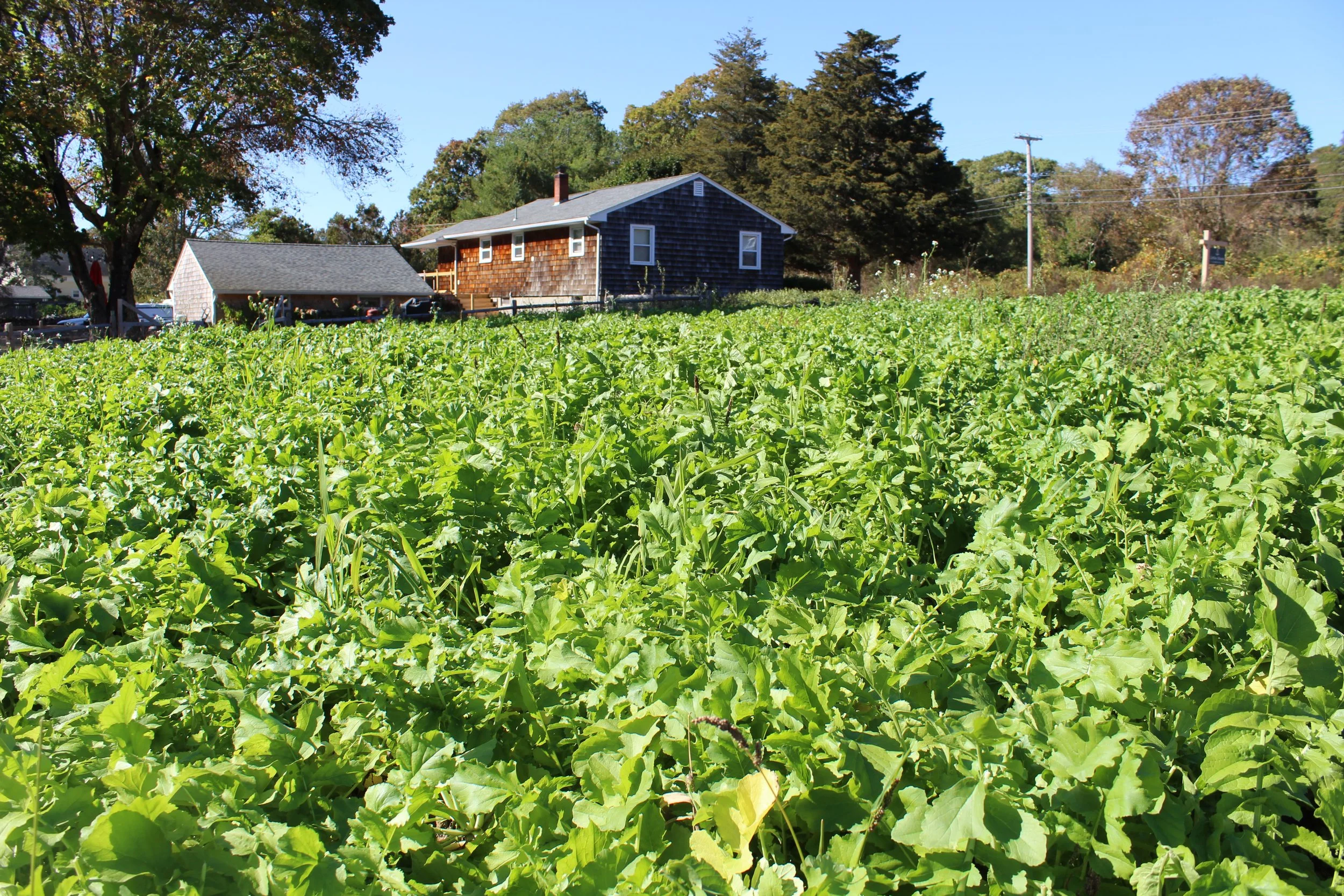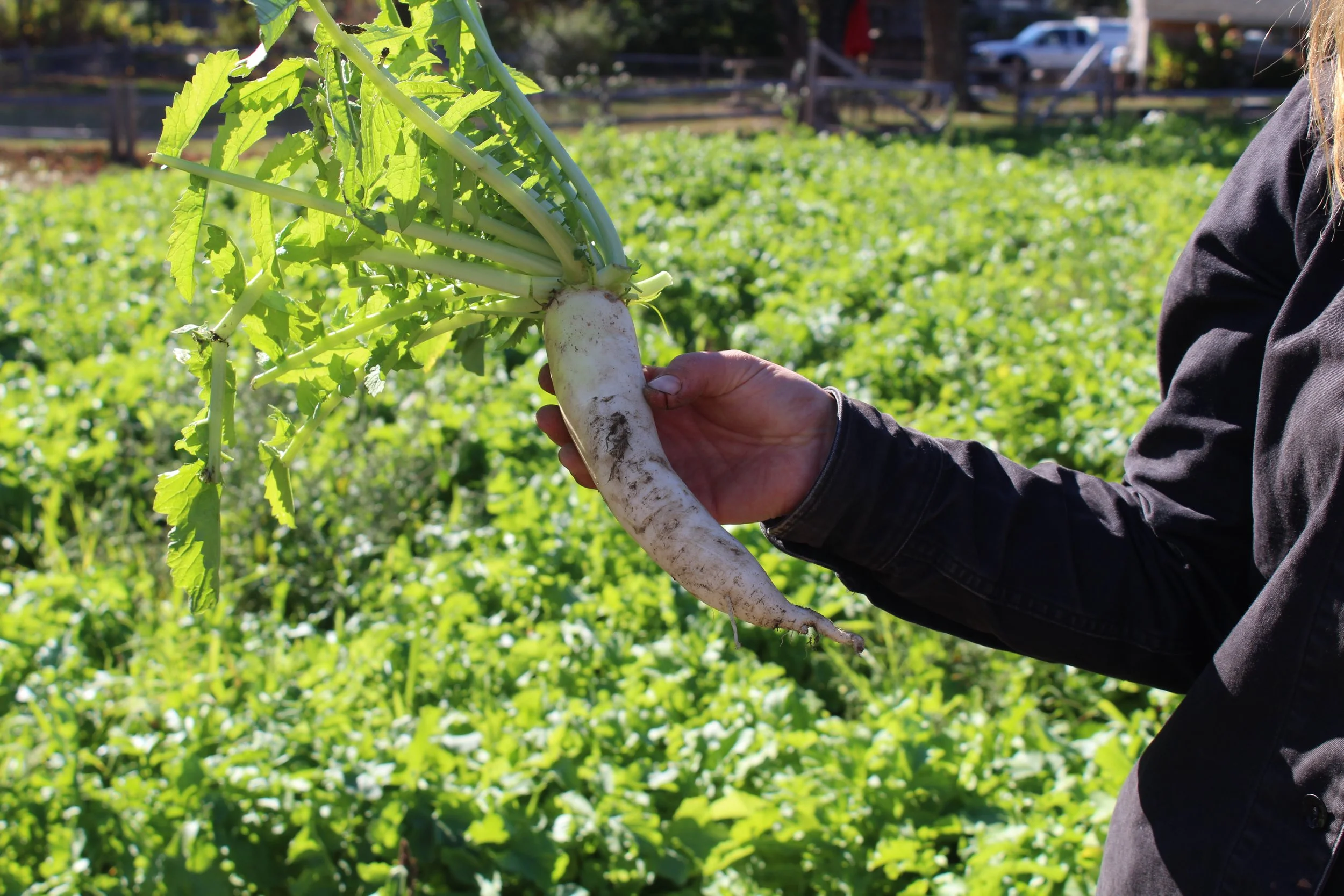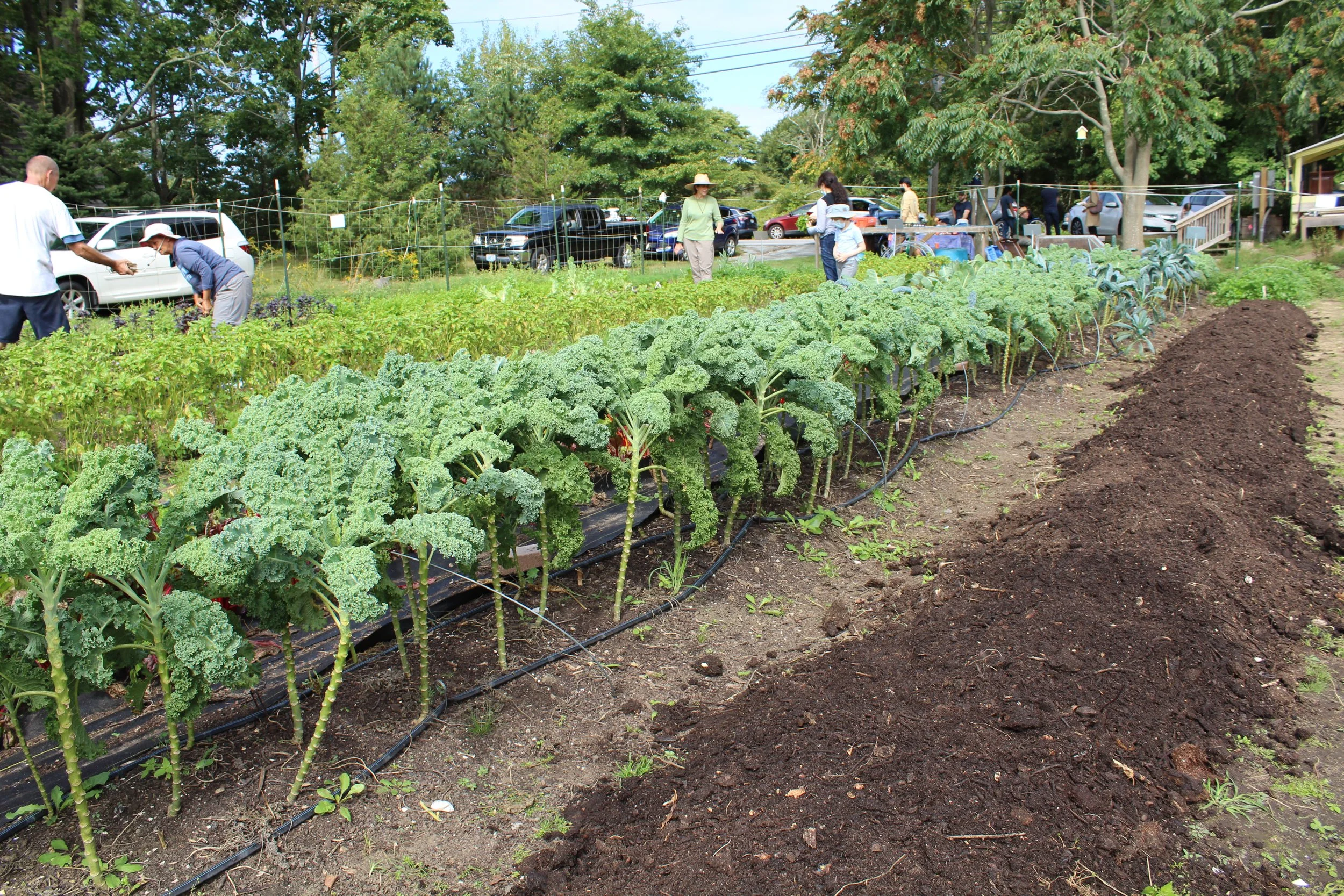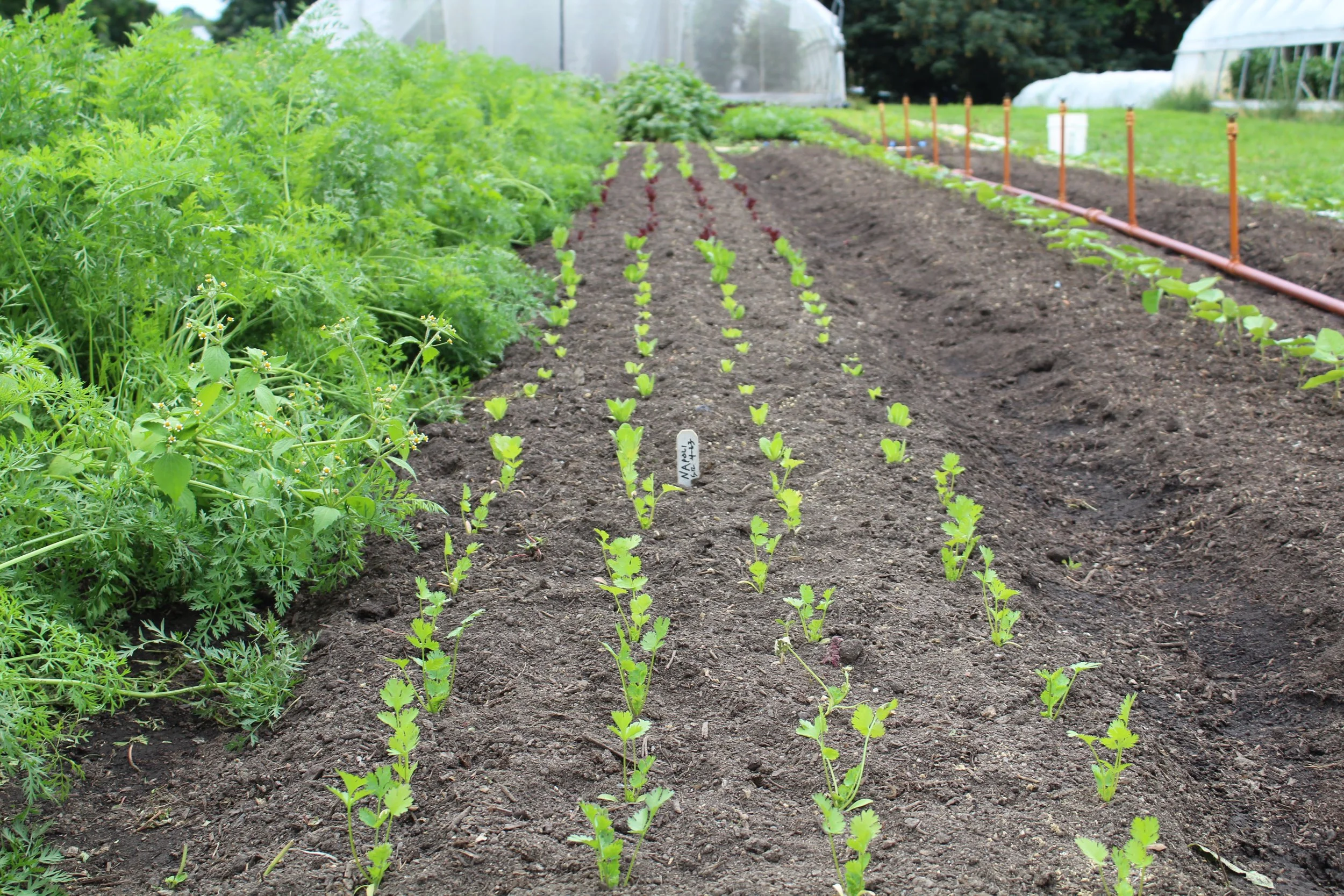
Soil Health
Your soil is an ecosystem teeming with life! When managed properly, this ecosystem will function at its full capacity to sustain productivity, improve environmental quality and increase net farm profit.
Healthy soil is characterized by good soil tilth, sufficient root depth, good water storage capacity & drainage, sufficient supply of nutrients, low populations of plant pathogens & insect pests, large populations of beneficial organisms, low weed pressure, freedom from chemicals and toxins that harm crops, resistance to degradation, & resilience when unfavorable conditions occur.
Economic benefits of healthy soil:
Better plant growth, quality & yield
Reduced risk of yield loss during periods of environmental stress
Better field access during wet periods
Reduced fuel costs by requiring less tillage
Reduced input costs by decreasing losses, improving efficiency of fertilizer, pesticide, herbicide, and irrigation application.
How can my farm’s soil health be evaluated?
Have a Comprehensive Soil Health Assessment conducted on your cropland, hayland or pasture. This Regional Conservation Partnership Program (RCPP) for enhancing Soil Health provides access to Cornell University’s Comprehensive Assessment of Soil Health when you apply for technical assistance. The Conservation District Soil Health staff will collect soil samples from your property, send the samples to Cornell Soil Health Testing Lab and interpret those results in a Soil Health Management Plan.
How can my farm’s soil health be improved?
A Soil Health Management Plan interprets the results of the Comprehensive Assessment of Soil Health and provides recommendations for best management practices to address your soil’s physical, biological & chemical functionality. Financial assistance is available through this program to execute those practices, based on the recommended schedule.
What can I expect from a soil health management plan?
Your Soil Health Management Plan (SHMP) will be developed by Conservation District staff with you (the producer) to address short & long-term objectives that will address constraints identified in the Cornell Soil Health Assessment. [An example of assessment results at left.] Your SHMP will recommend & describe practices that will build or maintain a healthy soil that can supply the needs of the soil organisms, prevent overall environmental degradation, & contribute to improved economic benefits.
Examples of Potential Recommendations:
Developing & instituting Crop Rotations
Planting Cover Crops
Conducting or increasing Nutrient Management
Mulching
Improving management of irrigation water
Implementing rotational grazing
Conducting deep tillage (to break up a plow pan)



